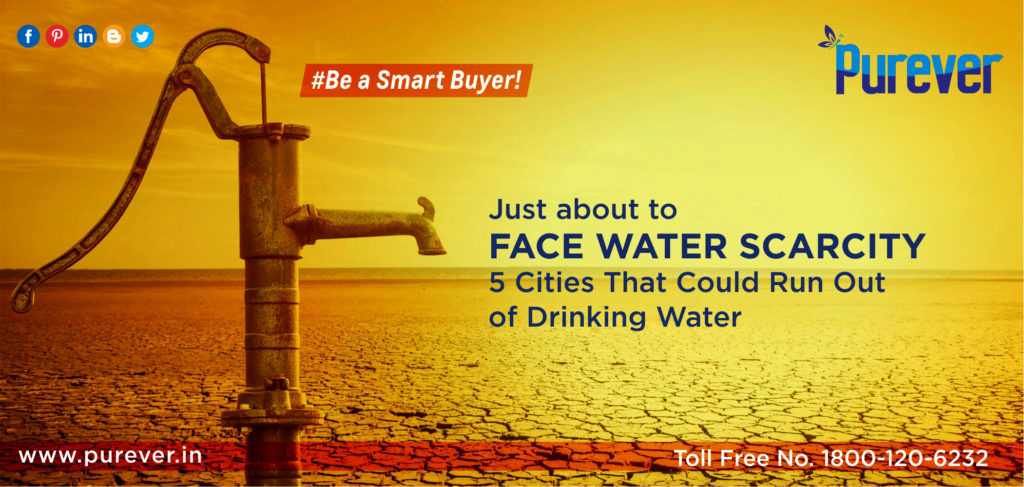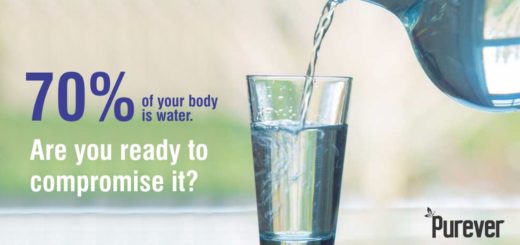Just About To Face Water Scarcity: 5 Cities That Could Run Out of Drinking Water

Water is the world’s most precious resource, and our economy reflects that as water is poised to become more valuable than oil. While it’s true that over 70% of the globe is covered with water, only 3% of that water is fresh water and less of it is viable for drinking each year as pollution and environmental factors worsen.
Here are the international cities where the water shortages are becoming most severe:
Cape Town:
A crippling drought and poor investment in infrastructure and water resources have led the South Africa city into a frightful situation. Most recent estimates place “Day Zero,” or the day the city will have to turn off most taps, at July 9th of this year. Officials have banned washing cars and have urged its citizens to reduce consumption to offset the ever-booming population and the seemingly never-ending drought. Many news outlets have speculated that Cape Town could be the first large city to completely run out of water if change isn’t swiftly implemented.
São Paulo:
The capital of Brazil experienced a close call in 2015 when its reservoirs fell below 4%, staggeringly close to empty. When the total water supply fell below 20 days police escorts accompanied trucks transporting water to discourage looting. While that crisis ended, continued mismanagement of resources led the reservoirs to dip below 15% just last year, implying that a repeat situation could occur.
Beijing:
One of the major problems plaguing China is pollution: more than two-fifths of the surface water in the country is so polluted that it can’t even be salvaged for agricultural or industrial use. Then, of course, one must consider the staggering population. China is home to more than one-fifth of the world’s people but contains only 7% of its fresh water. Beijing’s reserves have decreased by 13% between 2000 and 2009, and though China is investing in large-scale water diversion projects the city could still be in trouble.
Bangalore:
Bangalore experienced a boom as the city rapidly became a center of technological development and business, but the infrastructure needed to support such a swell in population and commerce was not in place. The out-of-date plumbing loses more than 50% of the water due to leakage. Another huge problem is that there are few viable water sources: zero of the city’s lakes contain water that is suitable for drinking due to water pollution.
Jakarta
Much of the problems within the capital of Indonesia are structural – more than 5 million citizens do not have access to piped water in their homes. Many citizens turn to illegal well digging to mediate their lack of access, which drains aquifers and reservoirs. In addition, the prevalence of concrete and asphalt in the city makes it difficult for aquifers to replenish the water supply even with heavy rainfall.
Water scarcity is a massive problem that we can only address together.
Clean, safe drinking water is scarce. Yet, we take it for granted & we waste water knowing its efficiency in our life’s!!!
https://www.purever.in
Toll-Free: +1800-120-6232
Mob: 9877777892, 9877777893



